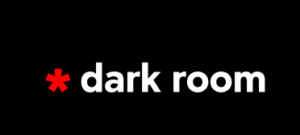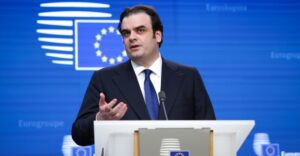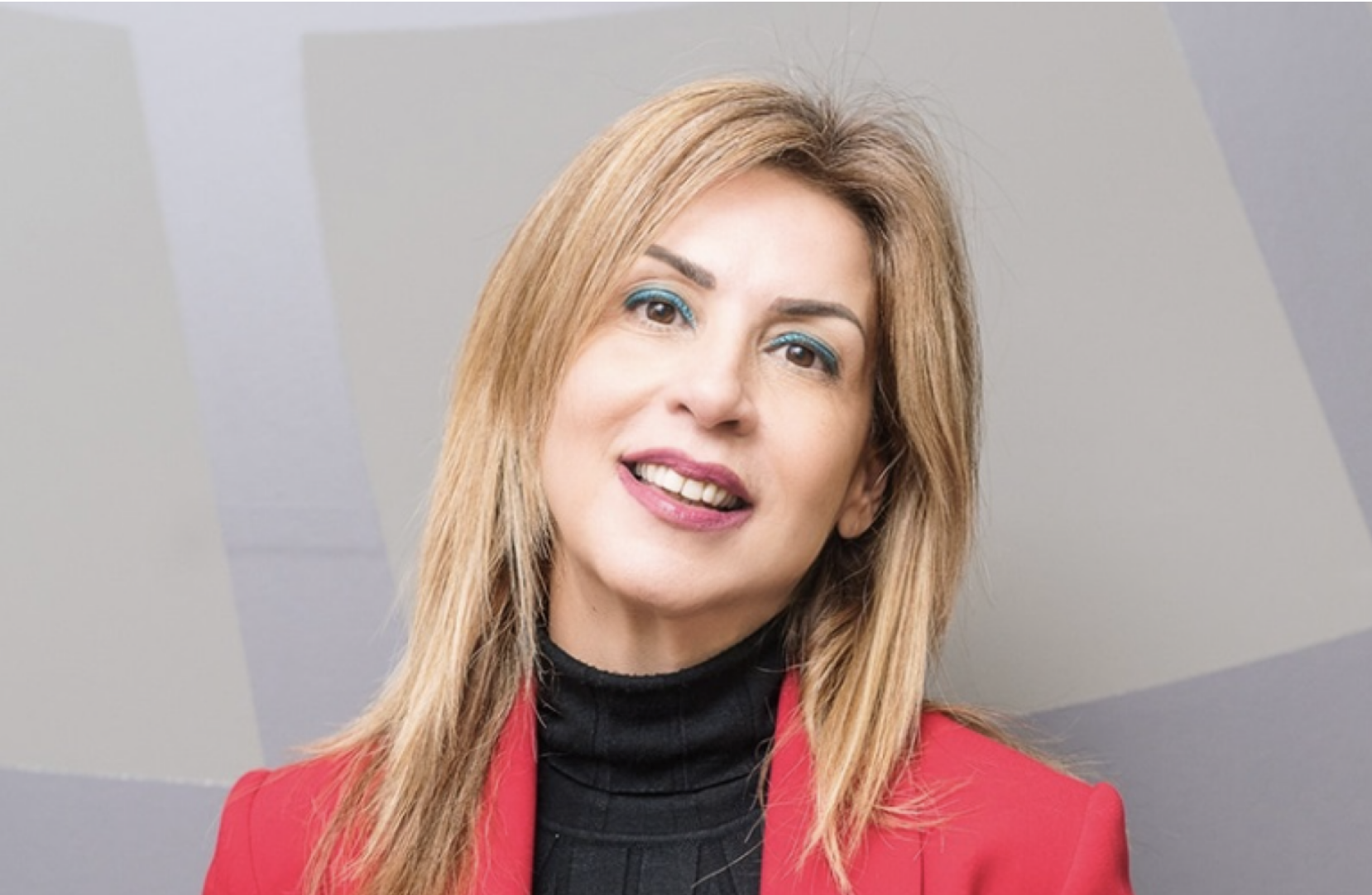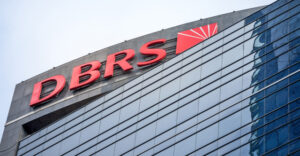Greetings, I’ll start with some fresh updates, as they say. Today, or by Monday at the latest, the case file for the scandal involving the 70-year-old aircraft – the P-3B Orions of the Navy – is expected to reach Parliament. Their upgrade was signed by the SYRIZA-ANEL government in 2015 during the crisis for $500 million, and nine years later, they have never flown and remain “parked” at some Hellenic Aerospace Industry lots. The case was sent two days ago from the Supreme Court and will reach Parliament after receiving the necessary signatures from the Ministry of Justice leadership. Now, although the request from the Supreme Court concerns the same decision, Parliament will be called to make two separate decisions. For Admiral Apostolakis, the process of lifting parliamentary immunity will begin if the plenary votes in favor – which is likely – and thus, the SYRIZA MP will be referred to the judge for further proceedings. As for Panos Kammenos – Ferretti, or any other member of the then-government possibly involved, the process of Article 86 of the Constitution and the law on ministerial responsibility will be requested. That means, at least 30 MPs, if they believe the case file contains clear evidence or sufficient indications, can submit a proposal for the formation of a preliminary investigation committee. It should be noted that the alleged offenses include breach of trust, bribery, and money laundering from criminal activities. The last two are considered ongoing and are not subject to the statute of limitations. So, I ask, who would say no to a preliminary investigation for such a massive scandal? Will it be ND, PASOK, KKE, or the so-called stray independent MPs?
Macron (bottom tier)
So, a very good source told me yesterday two or three excellent pieces of information regarding both SYRIZA-Kasselakis and Androulakis-PASOK matters. Stefanos, of course, would definitely prefer to take over SYRIZA, and without the “Priests” as Pen Dalaoura says on social media, but he’s starting to realize they won’t even let him go to the Conference, so it’s bye-bye SYRIZA. However, he doesn’t give up, as he goes around saying, “I’m the new Macron – step right up, folks.” He claims, “I’m neither Left, nor Right, nor Centrist.” He’s probably something… à la carte, and if he finds about ten MPs, he can stick them anywhere and form a nice “per view” government, now that ND doesn’t have majority in its back pocket. So, whoever wants, step forward, although admittedly, some cash would be useful because we’re not in a position for such things. The question is, who will believe Stefanos – the ten MPs or the “supporters”? Because he doesn’t exactly come across as the most credible and trustworthy player, if you catch my drift.
Police protection
Anyway, I’ve heard that Kasselakis’ pressure on the Hellenic Police for more security paid off, as initially, his 21 police officers were reduced to four, and after some complaints, they went back up to nine. Well, how can Stefanos go around without protection? Makes sense.
PASOK, Anna, Pavlos
Now, the sensible people who have every reason to want to build a serious opposition against K.M. (God help it!) are telling N.A., who grabbed 2%-2.5% in the first post-election poll (GPO-Star), to bring Geroulanos and Diamantopoulou on board as vice-presidents. But I believe that in the end, it’s more likely that leader Nikos will pick me rather than put up with Anna and Pavlos, so we’ll see how that goes.
Kostopoulos-Sarakakis Duel for the Hellenic-American Chamber
We’re heading for a SEV-style clash at the Hellenic-American Chamber of Commerce. This particular organization doesn’t hold elections at the same time as other chambers but during the General Assembly in the summer. Up until now, there was usually an agreement on who would take the helm, and the Board of Directors would elect them, much like SEV, where, except for the last election, there was usually only one candidate. Current president Nikos Bakatselos has completed two terms, so a new person must succeed him. However, there’s no consensus on electing the new strongman of the Chamber, so we’re looking at a duel between current Secretary General Alexandros Kostopoulos of Foresight Strategy & Communications and current Vice President Ioannis Sarakakis of the Sarakakis Group.
Viva Wallet Shareholders Meeting
It’s a day of developments for Viva Wallet, as an extraordinary general meeting of the company is scheduled to take place this afternoon (via teleconference). The issues the shareholders are called to discuss are particularly interesting, as, aside from changes to certain articles of the statute, they include an update on the group’s growth, the issue of merging the subsidiaries VIVA Payments and Vivabank, and the composition of the new Board of Directors that will emerge after the merger. The issue of Viva’s development is broad and it’s unclear whether it includes the group’s expansion into the US, which was one of the points of disagreement (along with the company’s valuation and several other issues) between the shareholders, WeRealize, owned by Haris Karonis and Makis Antypas, and JP Morgan, who resolved their differences this past June in the Supreme Court of London. It’s noteworthy that on the agenda of the previous extraordinary general meeting, scheduled for July 17th, there were two related items: “exploring the possibility of expanding Viva Wallet’s payment services into the US market by acquiring the necessary regulatory license (for approval)” and “Researching and acquiring potential acquisition and merger targets for Viva Wallet in the US market (for approval).”
PPC is trying to pick up speed
The stock of PPC (Public Power Corporation) seems eager to challenge the highs of 12.52 euros from last January, as it’s been on a mini rally in recent days. The company has recently made several moves to develop its “green” portfolio as part of its energy transformation and increase in renewable energy sources, with a particular focus on wind energy. The goal is for renewables to account for 68% of PPC’s total installed capacity by 2026 through investments and partnerships in Greece, Romania, and other areas in Southeast Europe. This…”greening” of the company is also changing its investment profile, as it removes restrictions that sovereign funds, such as Norges Bank, have on investing in companies with a high carbon footprint. Close to CVC Capital, Wellington, and Elikonos, PPC’s shareholder base now has a strong 15% with “strong hands” supporting the group’s transformation with a long-term perspective. Perhaps this explains why yesterday we saw the 4th consecutive rising session for the stock, which is up 6.29% on a monthly basis, with its market capitalization surpassing 4.6 billion euros.
The prominent (and controversial) investor in HelleniQ Energy
A prominent (and controversial for some) investor with money from maritime shipping seems to be taking advantage of the stability, or stagnation if you prefer, of the Greek capital market by steadily investing in HelleniQ Energy stock. Many are linking this shipowner’s decision to the official announcement of the successful completion of the first phase of hydrocarbon research conducted by the ExxonMobil/HelleniQ Energy consortium in the offshore areas “Southwest of Crete,” as well as with the consortium’s decision to officially proceed to the second phase of research, which was announced last week by the Hellenic Hydrocarbon and Energy Resources Management Company (HHRM). This activity in the stock slightly boosted (+1.5%) the market capitalization of HelleniQ Energy to over 2.1 billion euros, although it remains 5% lower than its stock market value from three months ago.
G. Paschas at “The Mart”
The former General Operations Manager of the Bank of Greece, G. Paschas, is now employed at the wholesale company “The Mart,” following his resignation last May. Mart is the largest specialized company in Greece, catering primarily to professionals in the HORECA sector.
Taking Positions for the “Smart Home”
Three major telecommunications groups will dominate the emerging “smart home” market in Greece. OTE, PPC, and Vodafone are aiming to meet the new needs of modern households. NOVA, on the other hand, has internal issues to resolve before it can fully join the game. Each group has its own comparative advantages and disadvantages. For example, OTE has the network, the stores, but most importantly, it has technical support. Its technicians enter homes and, in turn, become salespeople. What doesn’t it have? It lacks a sales network for home appliances and the so-called white appliances. PPC has Kotsovolos, which not only has the network but also its own distribution system and an extensive customer base. What is PPC missing? It lacks technical support for telecommunications and IT needs. Lastly, Vodafone has it all but on a smaller scale. It has partnerships with Public and the former Mediamarkt and provides technical support. For now, PLAISIO is out of the game, having left the Stock Exchange, but it continues to play a leading role in white goods, service, and e-commerce. The “smart home” game has just begun in Greece…
Quest’s Devices
Quest, owned by Theodoros Fessas, is also targeting this same “smart home” market but with smaller devices. It acquired GE Dimitriou, entered the “smart air conditioning” market, and is expanding into the retail sector of small electronics and electrical devices with Benroubi. Consumer electronics have always been of interest to the Fessas Group, which sees retail as having greater risks but also higher profit margins. With GE Dimitriou, the Quest Group now manages the commercial brands Singer and Izola, as well as the distribution of Japanese Toyotomi, while Benroubi holds the distribution rights in Greece for Pyrex, Babyliss, and Izzy. Soon, XIAOMI will also arrive with its own smart devices. This is why some find it logical that Fessas’s next move could be to acquire a group with a tradition and expertise in electrical equipment.
MED’s Debut
Today, Friday, the trading of the new shares of MED AEBE begins, resulting from the absorption of ONYX AE, GREEN HOPE AE, and AGANOR MONOPROSOPI IKE. This means that MED AEBE, which previously had 11.9 million shares listed on the Parallel Market, now has 69.5 million shares available for trading. This is why the stock’s fluctuation range is increasing from +/-10% to +/-30%. At the same time, MED has hired Vigor AXEPEY, managed by N. Kontaroudis, to coordinate and manage the stock with the aim of moving from the Parallel Market to the Main Market of the Athens Stock Exchange.
Hopes for a “Year-End Rally”
With a trading value of 116.5 million euros, of which 24.1 million involve pre-agreed transactions, and with a particularly narrow range of fluctuation in the General Index, the Athens Stock Exchange continues this unprecedented accumulation of forces that began in early summer (late May to early June) and, as it seems, might last until Christmas. Market professionals are pinning their hopes on a “year-end rally” that will provide the last good returns of the year. The stock market’s capitalization is still far from 100 billion euros, and the General Index, for now, shows no signs of breaking out of the tight range of 1,400 to 1,450 points. Yesterday, the General Index closed up +0.6% at 1,438 points, mainly driven by banks, though Piraeus closed with slight losses. Motor Oil moved up from its 52-week lows with gains of +1.05%, TITAN impressed with a +2.28% increase, but ElvalHalcor stole the show with +2.61%, pulling parent company VIOHALCO up as well (+1.25%). However, all of this is happening with a certain laxity, perhaps even indifference, characterized by low trading volumes and high expectations for an event that will ignite the fuse for a new upward trajectory.
Where Will Gold Stop?
Up until now, the theory taught us that the prices of gold and the dollar move inversely. When the dollar rises, the price of gold falls, and vice versa. In general, a stronger dollar suppresses the demand for gold, making it more expensive for investors outside the U.S., who are the majority. Today, in an era of abundant liquidity and great uncertainty, the “golden balance” has been shaken. From September 30 until yesterday, the dollar’s exchange rate against major currencies increased by +3%, and during the same period, the price of gold broke the $2,700 per ounce record. In that exact same period, U.S. bond prices fell, and their yields rose despite expectations of a dollar interest rate cut. The conclusion is that in this period of great geopolitical uncertainty, the demand for “safe havens” is not directed towards traditional values like U.S. dollar bonds but is channeled into gold. A second conclusion is that central banks intend to be sparing in cutting interest rates, as sudden inflationary spikes are lurking. In this environment, investors are rediscovering the value of gold.
German Self-Restraint
Overall, throughout this year, German exports haven’t been doing well. The economy remains stuck in recession, and wages are not rising. However, the Germans know how to cut expenses (and imports) when their incomes aren’t sufficient. Even in August, the month when Germans traditionally travel abroad, the monthly trade surplus increased to 22.5 billion euros in August, up from 16.9 billion euros in July. Exports rose by 1.3%, but more importantly, imports fell by a greater margin of 3.4%. The Germans managed to increase the goods they exported to the U.S. by 5.5%. Exports to China rose by 1.9% to 7.4 billion euros, while exports to the United Kingdom increased by 5.7% to 6.8 billion euros.
Ask me anything
Explore related questions





